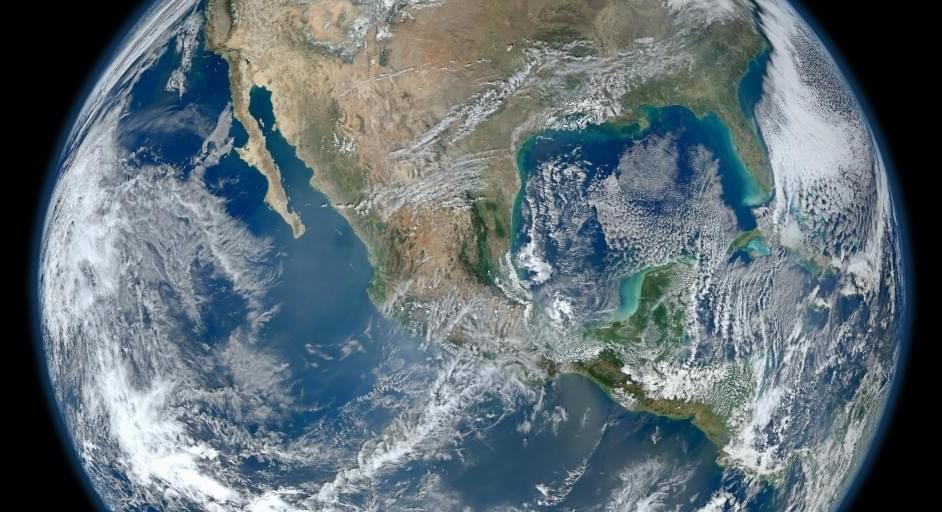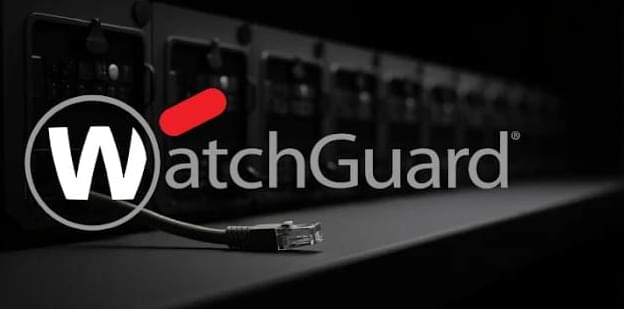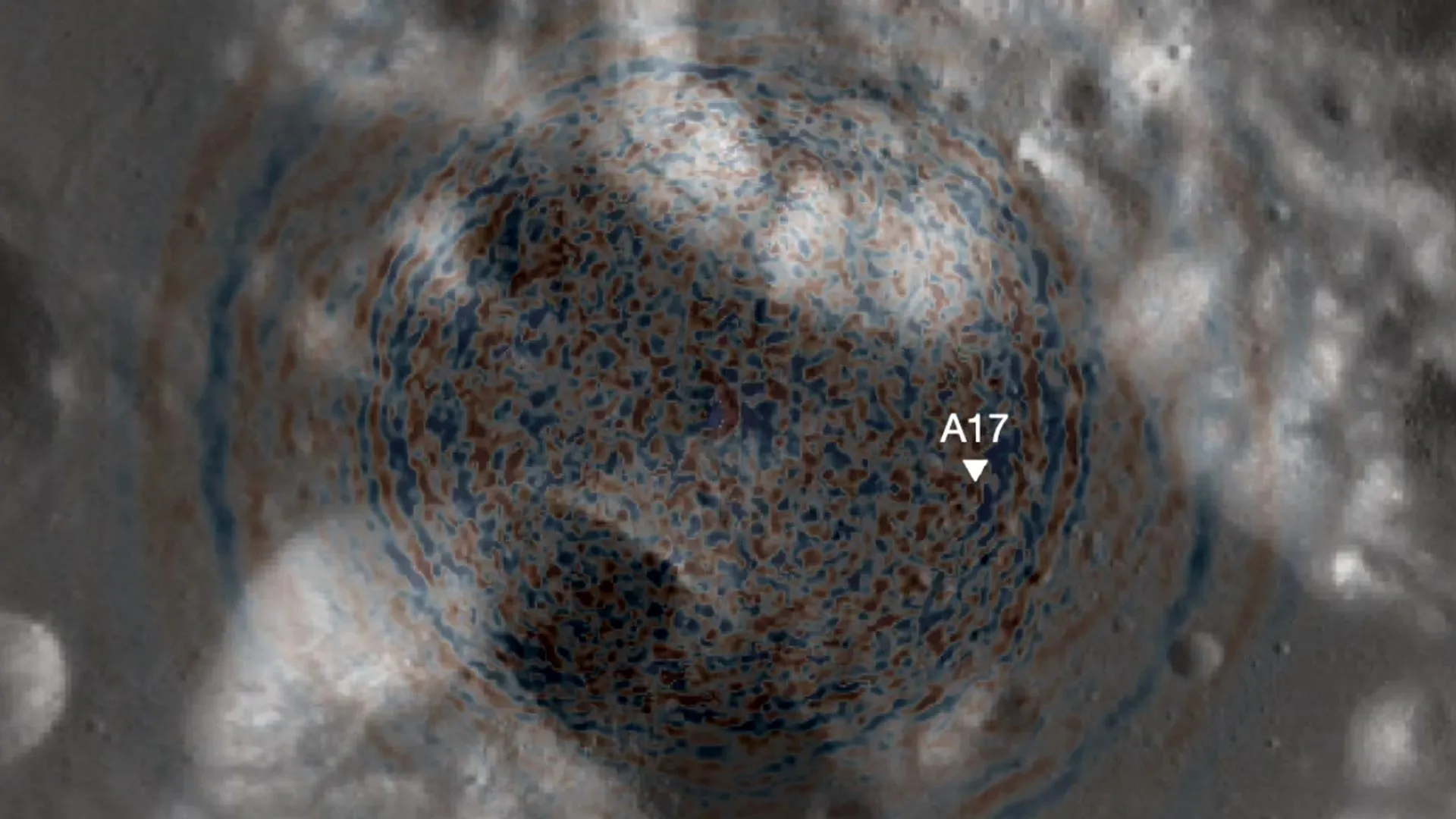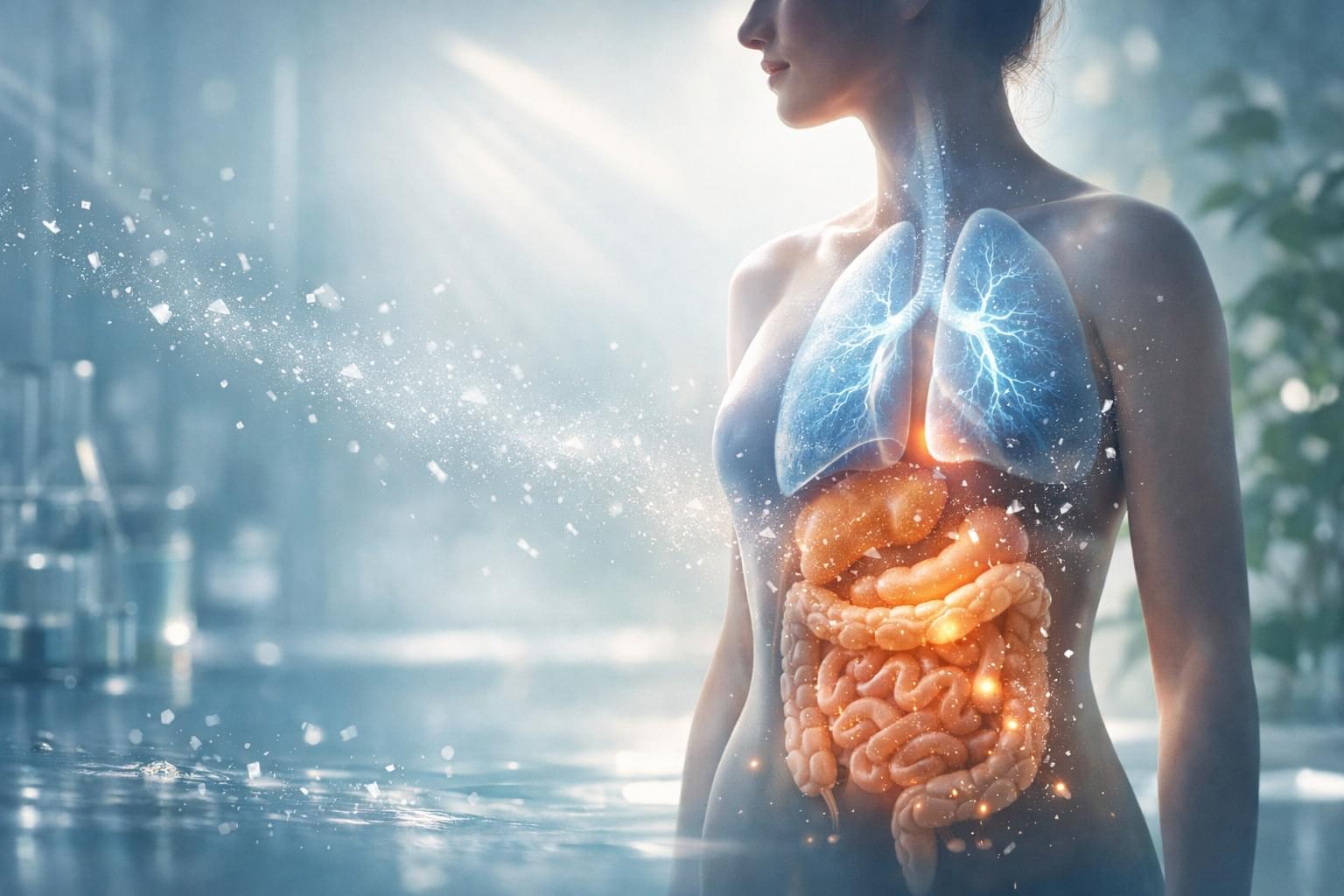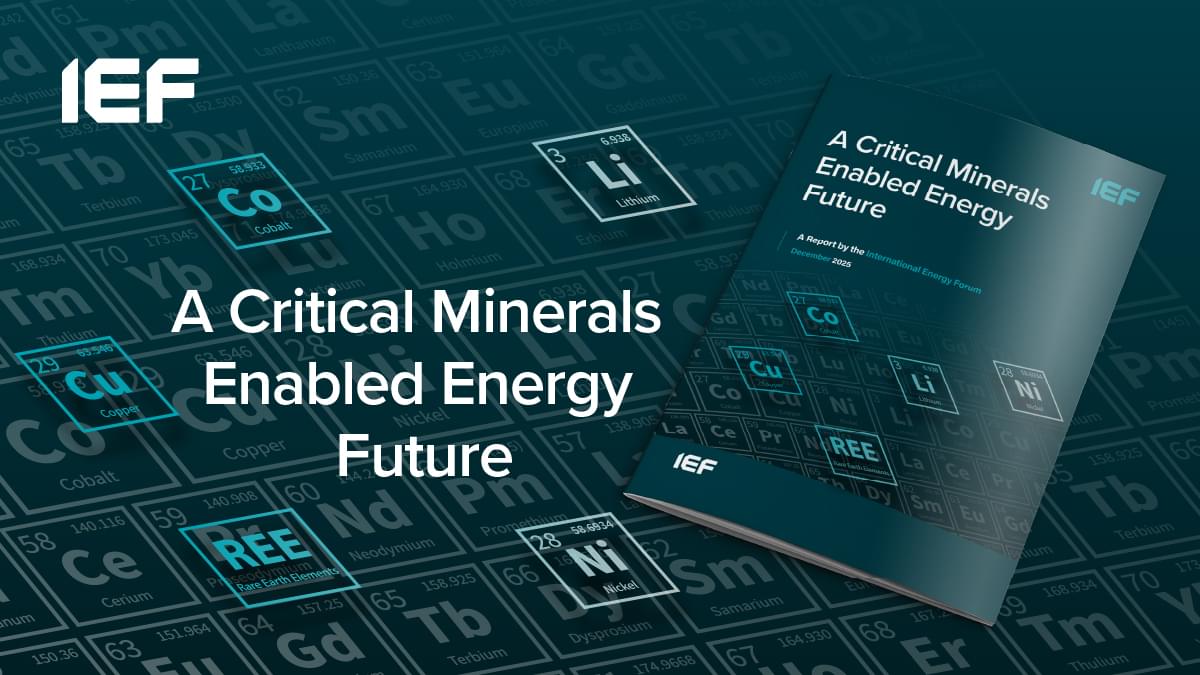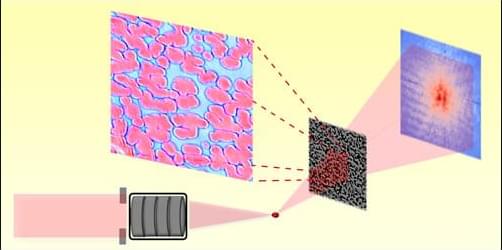Sadly quite a realistic view.
How special are we? A recent research paper suggests that terrestrial-style biology may be rare, and Earth may be among the first examples of a planet able to sustain life in the cosmos. Even as the new kids on the block, humans are seemingly one of the precious few instances of intelligence to arise in the universe since the Big Bang did its thing.
Related: The Search For Life Starts With Human Missions to Mars
Harvard Astronomer Avi Loeb and his colleagues in the U.K. have argued that the halcyon days for life are still to come. It’s not even morning in the universe; it’s pre-dawn. Biology may erupt like weeds on an untold number of worlds, but if so, the infestation will take place tens of billions of years in the future.
